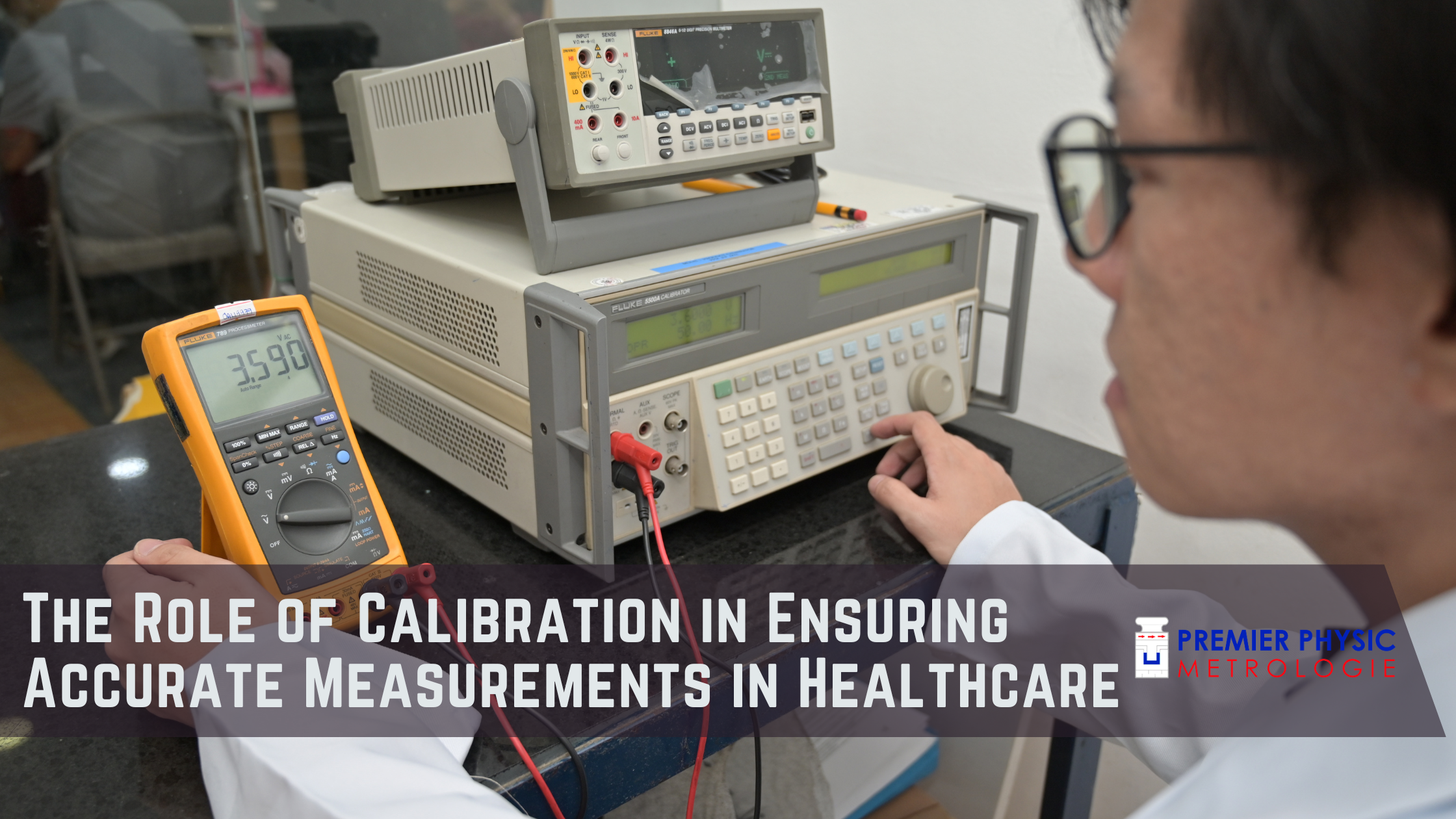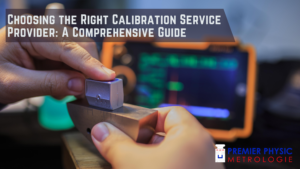In the ever-evolving landscape of healthcare, precision is paramount. Calibration emerges as a linchpin in guaranteeing the accuracy of measurements, a critical aspect that underpins diagnostic procedures, treatment efficacy assessments, and overall patient care. In this comprehensive exploration, we delve into the intricate world of calibration within healthcare, illuminating its significance, methodologies, and impact on patient outcomes.
Understanding Calibration in Healthcare
Calibration, in the healthcare context, refers to the meticulous process of fine-tuning and validating the accuracy of measurement instruments and devices utilized in medical settings. These instruments include but are not limited to blood pressure monitors, thermometers, laboratory equipment, and diagnostic imaging devices. The goal is to ensure that these tools provide consistently reliable and precise results.
Significance of Calibration in Medical Diagnostics
In the realm of medical diagnostics, the accuracy of measurements directly influences diagnostic decisions. Imagine a scenario where a blood pressure monitor delivers inaccurate readings; the consequences could range from misdiagnoses to inappropriate treatment plans. Calibration, therefore, acts as a safeguard against such pitfalls, guaranteeing that healthcare professionals can rely on the data generated by these instruments for informed decision-making.
Calibration Methodologies: A Deep Dive
The process of calibration encompasses various methodologies tailored to the specific requirements of different medical instruments. Let’s explore a few key calibration methods commonly employed in healthcare settings.
Traceability to Standards
Central to calibration is the concept of traceability, where measurements are linked back to international or industry-specific standards. This ensures a standardized and uniform approach to calibration, allowing for comparability of results across different healthcare institutions.
Regular Interval Calibration
In healthcare, regularity is key. Establishing a schedule for calibration at predefined intervals is crucial to maintaining the accuracy of medical instruments over time. This proactive approach prevents gradual deviations from optimal performance, ensuring that instruments consistently meet the required standards.
Advanced Calibration Technologies
Advancements in technology have revolutionized calibration methodologies. Automated calibration systems, for instance, streamline the process, minimizing human error and enhancing efficiency. These technologies not only save time but also contribute to the precision and reliability of measurements.
Impact on Patient Outcomes
The ripple effect of accurate measurements, facilitated by robust calibration processes, extends to improved patient outcomes. Precise diagnostic results lead to more accurate treatment plans, reduced chances of medical errors, and ultimately, enhanced patient safety and well-being.
Ensuring Medication Efficacy
In pharmacological interventions, the accurate measurement of drug dosages is imperative. Calibrated equipment guarantees that medications are administered at precise levels, maximizing their efficacy while minimizing the risk of adverse effects.
Facilitating Surgical Precision
In surgical settings, calibration plays a pivotal role in ensuring the accuracy of imaging devices and surgical instruments. This, in turn, contributes to the precision of surgical procedures, reducing the likelihood of complications and promoting successful outcomes.
Compliance and Accreditation: Calibration’s Regulatory Landscape
In the realm of healthcare, adherence to regulatory standards is non-negotiable. Calibration acts as a cornerstone in meeting these standards, contributing to the accreditation of healthcare facilities. Compliance with regulatory requirements not only safeguards patient welfare but also establishes trust among stakeholders in the healthcare ecosystem.
Conclusion
In conclusion, the role of calibration in healthcare transcends the technicalities of instrument accuracy; it is fundamentally intertwined with the quality of patient care. From diagnostics to treatment, calibration ensures that healthcare professionals operate with confidence, armed with accurate data that forms the bedrock of sound medical decisions.




